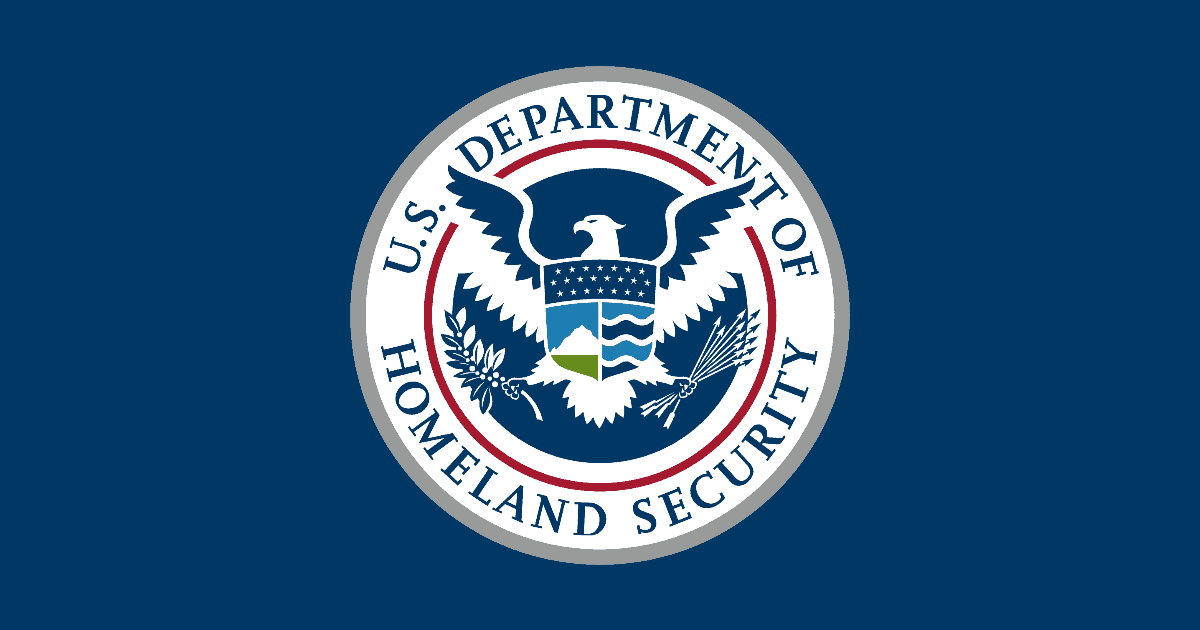An investigation revealed that the Trump administration bought access to a commercial database that contains location data from millions of smartphones (via WSJ—paywall).
Homeland Security
The Department of Homeland Security (DHS) uses the database to identify undocumented immigrants and for border enforcement. The U.S. Immigration and Customs Enforcement agency, part of DHS, uses it to identify immigrations who were later arrested. Finally, another DHS agency, U.S. Customs and Border Protection, uses the database for look for smartphone activity in “unusual places.”
Experts say the information amounts to one of the largest known troves of bulk data being deployed by law enforcement in the U.S.—and that the use appears to be on firm legal footing because the government buys access to it from a commercial vendor, just as a private company could, though its use hasn’t been tested in court.
CBP claims it has privacy protections in place, limits its access to a small portion of the data, and that the data is “anonymized” to protect Americans. However, as we learned earlier this week, anonymized data isn’t really that anonymous.
However, WSJ says that each smartphone is represented by an advertising identifier, and not linked to the smartphone owner. This suggests that turning on Limit Ad Tracking in iOS could limit this government access.
Further Reading
[France Fines Apple $27 Million for Slowing Older iPhones]
[Homeland Security Cancels Facial Recognition Plan for Americans]
